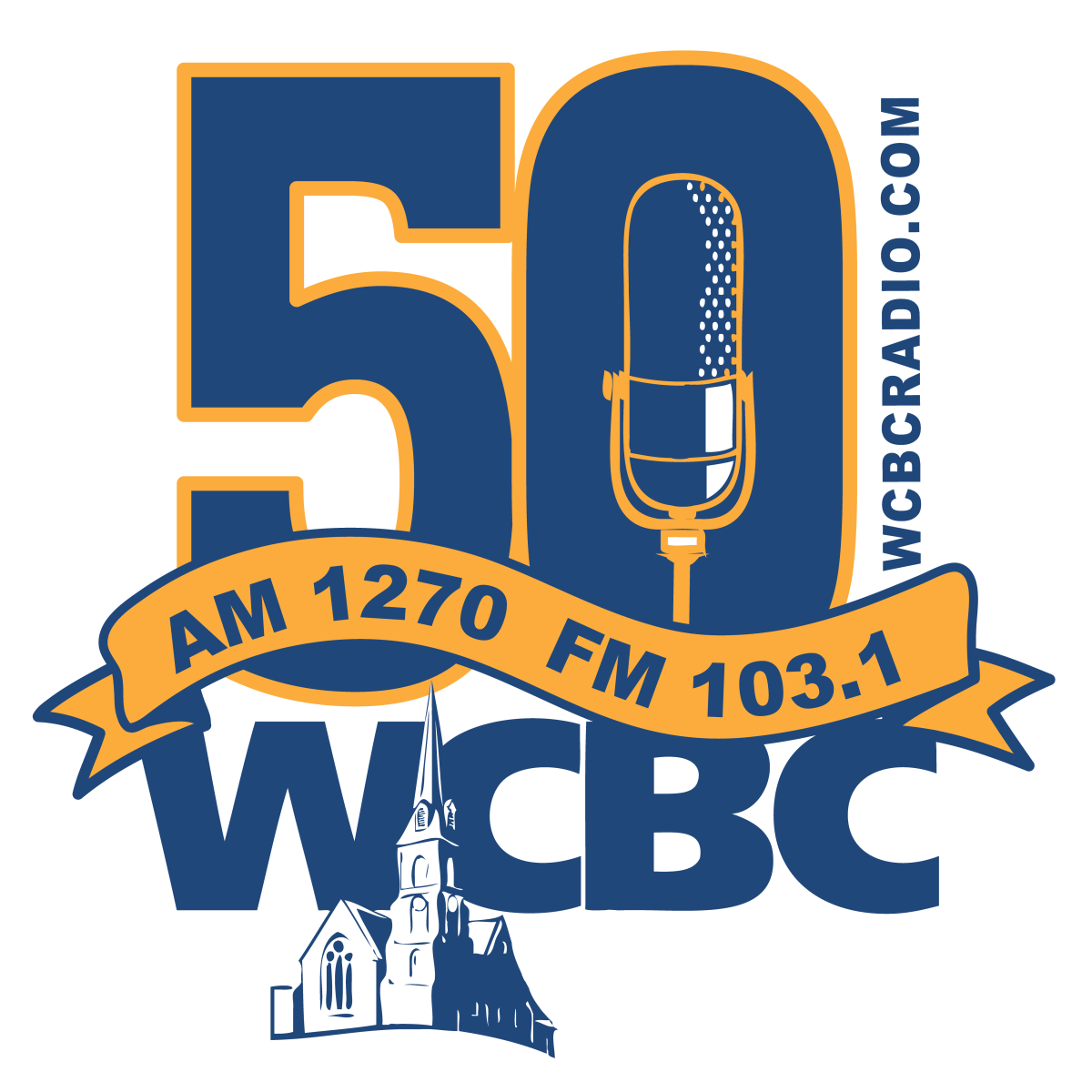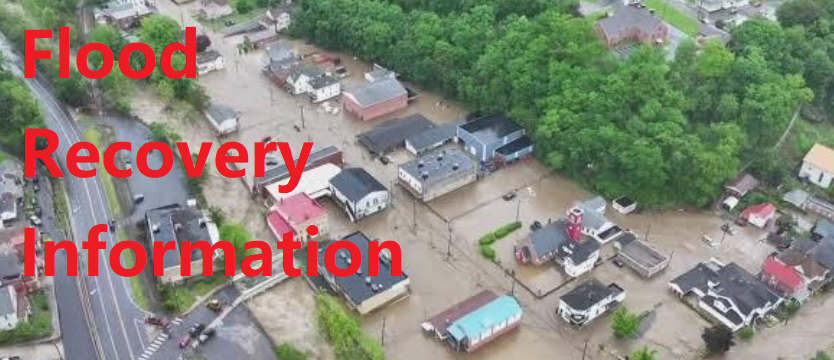September 20th, 2025 by WCBC Radio
West Virginia Governor’s Highway Safety Program (GHSP) is teaming up with the U.S. Department of Transportation’s National Highway Traffic Safety Administration (NHTSA) for National Child Passenger Safety (CPS) Week to remind parents and caregivers that child passengers are best protected in a crash when they are correctly buckled in the right seats for their height, weight, age, and developmental level. National Child Passenger Safety Week is Sunday, September 21, through Saturday, September 27, 2025, with National Seat Check on Saturday.
Car seats and booster seats have height and weight limits, and children should stay in each seat until they outgrow either the height or weight limit. The safest place for all children under 13 is the back seat, as air bags are designed for adult passengers in the front seat.
Vehicle crashes are a leading cause of death for children, and the latest research from NHTSA shows that 46 percent of car seats are misused. Common issues include children being in the wrong type of car seat for their age and size, and car seats being installed incorrectly — both of which leave children vulnerable to injury in a crash. Every day in 2023, two children under 14 were killed in traffic crashes and another 345 were injured in traffic crashes while riding in passenger vehicles. “You want to be confident when it comes to your child’s safety,” said Amy Boggs, State Child Passenger Safety Coordinator with the GHSP. “Parents and caregivers need to know for sure that their children are in the right seats and that those seats are installed correctly. In addition, you want to be sure the child safety seat fits in your vehicle.”
Keeping a child in the right seat for their age, size, and developmental level can make all the difference in a crash. Of the child passengers killed in crashes in 2023, nearly half (43 percent) were unrestrained. Car seats have been shown to reduce fatal injury by 71 percent for infants under 1 year old and by 54 percent for toddlers 1 to 4 years old in passenger vehicles.
Infants have the highest rate of car seat use among children who survived fatal crashes in 2023: For those under 1 year old, 95 percent of those infants were buckled. Once a child outgrows a rear-facing car seat, he or she is ready for a forward-facing car seat with a harness. Only after reaching the maximum height or weight limits of a forward-facing car seat, which takes longer than most parents think, should a child be moved to a booster seat. A child should be buckled in a booster seat until they reach the height or weight limit of the seat and are able to fit in an adult seat belt correctly.
Booster seats are a critical step between harnessed car seats and adult seat belts. If the seat belt doesn’t fit a child correctly, it won’t offer them the optimal protection in a crash. In 2023, the number of children killed in passenger vehicle crashes was highest for children ages 8 to 12. Once a child is ready to use only a seat belt, parents should ensure that it fits correctly, that the seat belt lies across the upper thighs and is snug across the shoulder and chest, away from the face and neck., and that the child will stay in that position for the entirety of the trip.
There are several free Child Seat Clinics happening across the state during National Child Passenger Safety Week and on Seat Check Saturday.
• Tuesday, September 23, 2025 – The South Charleston Fire Department will be at 315 4th Avenue, South Charleston, WV 25303 from 2:00 p.m. to 6:00 p.m.
• Thursday, September 25, 2025 – The Summers County Sheriff’s Office will be at 79 Grace Street, Hinton, WV 25951 from 10 a.m. to 6:00 p.m.
• Saturday, September 27, 2025 – The Northern Regional Highway Safety Program will be at 1 Cabela Drive, Triadelphia, WV 26059 from 9:00 a.m. to 1:00 p.m.
• Saturday, September 27, 2025 – The Huntington Regional Highway Safety Program will be at 100 Front Street, Mason, WV 25260 from 10:00 a.m. to 2:00 p.m.
Parents and caregivers may also visit: https://highwaysafety.wv.gov and click on the Child Passenger Safety button to find Child Passenger Safety Fitting Stations located near them. Each fitting station has at least one certified Child Passenger Safety Technician (CPST) who can check their child’s safety seat for proper installation and fit.















